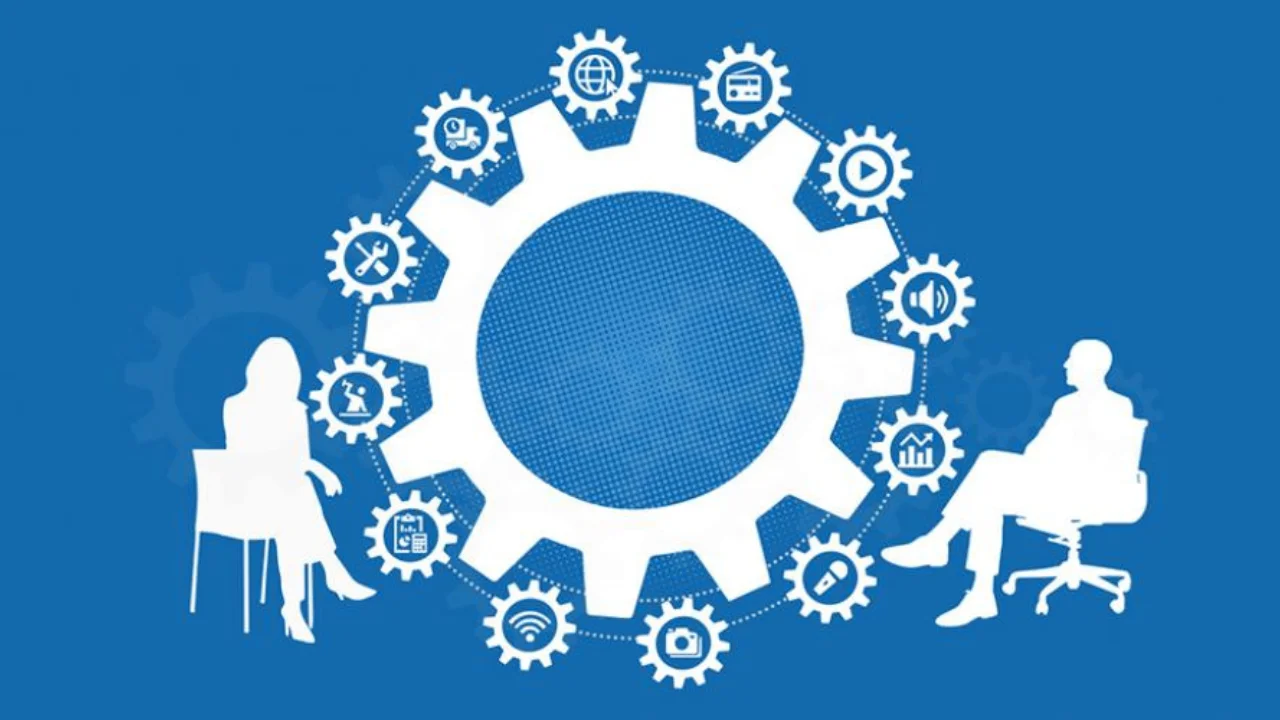World Development Information Day 2024
The World Development Information Day is celebrated annually on October 24 to raise awareness of development problems and the need to strengthen international cooperation to solve them.
World Development Information Day Theme 2024
As of today, the theme for World Development Information Day 2024 has not been announced yet.
The theme in 2023 is “Harnessing the Power of Information and Communication Technologies to Build a Better World.” This theme underscored the critical role of science and technology in achieving sustainable development. It emphasized the utilization of Information and Communication Technologies (ICT) for development purposes.
History of World Development Information Day
World Development Information Day (WDID) was established by the United Nations General Assembly in 1972, coinciding with United Nations Day on October 24. The objective of the day is to draw the attention of the world to development problems and the necessity of strengthening international cooperation to solve them.
The day was further recognized as the date on which the International Development Strategy for the Second Nations Development Decade was adopted in 1970. On May 17, 1972, the UN Conference on Trade and Development (UNCTAD) proposed measures for information dissemination and for the mobilization of public opinion relative to trade and development problems. These became known as Resolution 3038 (XXVII), which the UN General Assembly passed on December 19, 1972. This resolution called for introducing World Development Information Day to help draw the attention of people worldwide to development problems.
Significance of World Development Information Day
World Development Information Day (WDID) is significant because it:
- Raises awareness of development problems and the need for international cooperation to address them. The day is an opportunity to learn more about the challenges facing developing countries and the ways that data can be used to address them. It is also a day to celebrate the progress that has been made in recent years and to recommit to building a more just and equitable world.
- Highlights the importance of data in informing and guiding development policy and practice. Data can be used to track progress, identify gaps, and target interventions to ensure that no one is left behind. For example, data can be used to identify areas with high poverty rates or low school enrollment so that governments can focus their resources on these areas.
- Promotes the use of data to improve the lives of people in developing countries. Data can be used to develop and implement programs and policies that address a wide range of development challenges, such as poverty, hunger, disease, and climate change. For example, data can be used to develop a national nutrition program to reduce malnutrition or to design a climate adaptation plan to protect communities from the impacts of climate change.
In today’s world, data is more important than ever before. We are facing several complex and interconnected challenges, such as climate change, terrorism, and pandemics. These challenges cannot be solved by any one country alone. We need to work together through the UN and other international organizations to find common solutions. Data can play a vital role in helping us to achieve this goal.
Science and Technology
- The development of science and technology is crucial for the progress of developing countries.
- To bridge the technological gap that exists, these nations should continue to increase their investments in research and development.
- Moreover, they should collaborate with the support of the international community to enhance their ability to apply science and technology for development purposes.
- Full international cooperation is essential for promoting scientific research and technological endeavors that contribute to the expansion and modernization of economies.
- It’s important to focus on developing technologies that are suitable for each specific country, and directed research efforts should be concentrated on key challenges whose solutions can catalyze and expedite the overall development process.
- By working together, we can foster advancements that benefit the global community and accelerate progress in all nations.
New Solutions to Development Challenges
- Information and communications technologies (ICT) hold significant potential in offering innovative solutions to development challenges, especially within the context of globalization.
- These technologies can foster economic growth, enhance competitiveness, expand access to information and knowledge, eradicate poverty, and promote social inclusion.
- They play a crucial role in facilitating the integration of all countries, particularly developing nations and the least developed countries, into the global economy.
- It is well-recognized that ICT presents both opportunities and challenges.
- There is an urgent need to address the major obstacles that hinder developing countries from accessing new technologies.
- These challenges include limited resources, inadequate infrastructure, educational deficiencies, capacity gaps, insufficient investment, connectivity issues, as well as matters concerning technology ownership, standards, and information flows.
- In response, we urge all stakeholders to provide the necessary resources, bolster capacity-building initiatives, and facilitate technology transfer on mutually agreed terms to support the development efforts of developing countries.
- By doing so, we can ensure that ICT contributes to the advancement and prosperity of nations around the world.
The Digital Divide
- The issue of the digital divide in terms of access to information and communications technology tools and broadband connectivity is a cause for concern, especially when considering the disparities between countries at various levels of development.
- This divide has a significant impact on a wide range of economically and socially relevant applications in areas like government, business, healthcare, and education.
- There are also specific concerns about the challenges faced by developing countries, including the least developed countries, small island developing States, and landlocked developing countries, in the realm of broadband connectivity.
- These challenges can hinder their progress in harnessing the benefits of digital technology for development.
- Addressing these issues is crucial for promoting equitable access and ensuring that the advantages of information and communications technology are shared by all nations, regardless of their level of development.
24th October 2024 Special Day
On October 24, 2024, World Development Information Day unfolds as an annual celebration, dedicated to raising awareness about development problems and emphasizing the imperative of strengthened international cooperation to address them. This special day serves as a global call to action, fostering a shared commitment to tackling challenges and promoting sustainable development worldwide. Let’s unite in acknowledging the significance of information and cooperation in shaping a better and more equitable future for communities across the globe.
- Weekly Current Affairs 2025 PDF For Bank, SSC, UPSC Exams
- Unsung Heroes of India: 10 Unknown Freedom Fighters You Should Know
- 26 December Current Affairs 2023 in English
- Daily Current Affairs 2025, Check Today’s Current Affairs
- April Month Current Affairs 2024, Download PDF
- June Month Current Affairs 2024, Download PDF

Hello, I’m Aditi, the creative mind behind the words at Oliveboard. As a content writer specializing in state-level exams, my mission is to unravel the complexities of exam information, ensuring aspiring candidates find clarity and confidence. Having walked the path of an aspirant myself, I bring a unique perspective to my work, crafting accessible content on Exam Notifications, Admit Cards, and Results.
At Oliveboard, I play a crucial role in empowering candidates throughout their exam journey. My dedication lies in making the seemingly daunting process not only understandable but also rewarding. Join me as I break down barriers in exam preparation, providing timely insights and valuable resources. Let’s navigate the path to success together, one well-informed step at a time.






